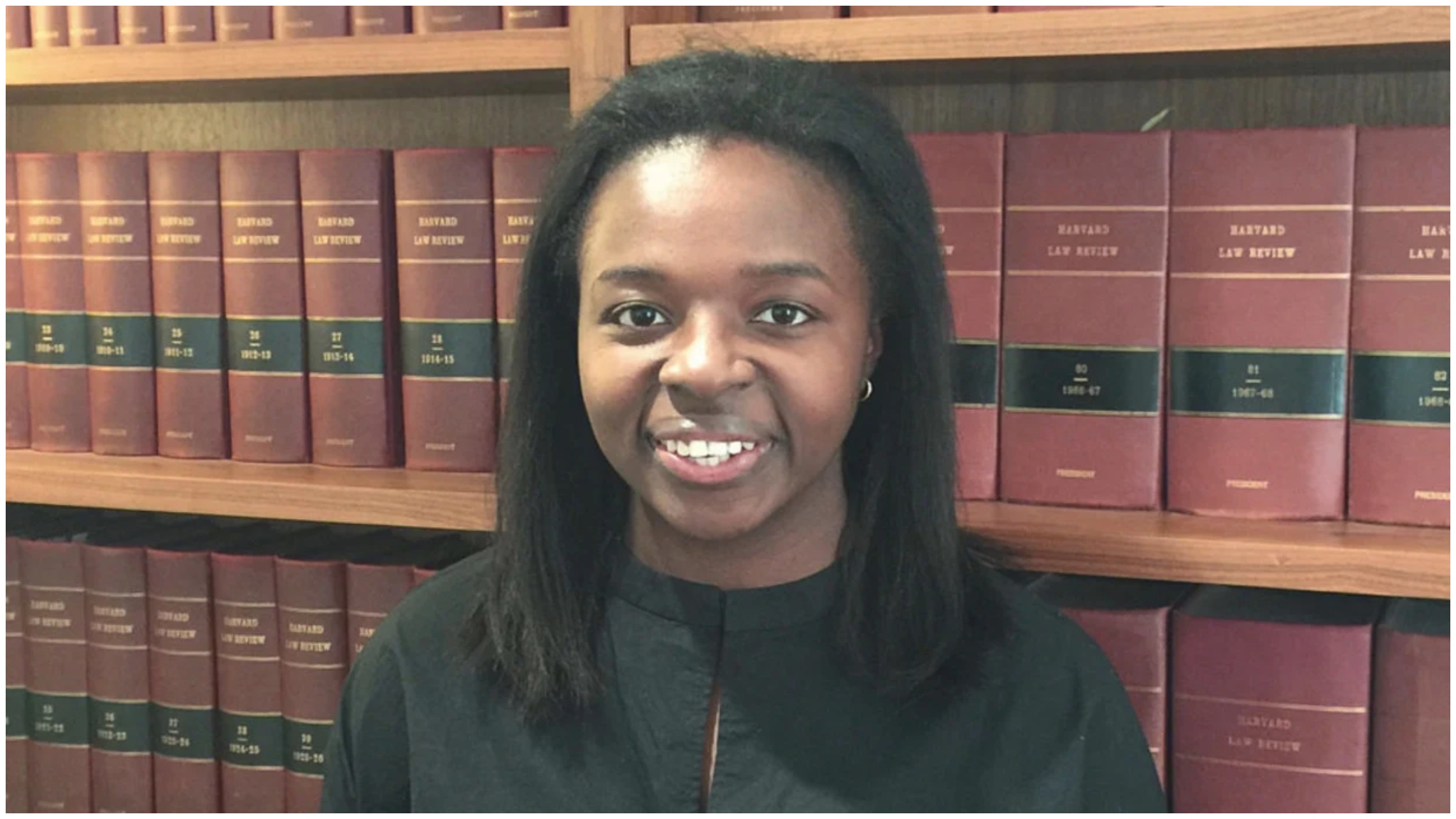ImeIme Umana made history in 2017 as the first Black woman president of the Harvard Law Review in its 130-year existence. The prestigious legal journal, which previously elected Barack Obama as its first Black president in 1990, selected Umana as its 131st leader. Her groundbreaking achievement represents a significant milestone for diversity in elite legal education.
Historic Election Breaks Barriers at Prestigious Legal Journal
The election of ImeIme Umana, a Nigerian-American from Harrisburg, Pennsylvania, shattered a long-standing glass ceiling at Harvard Law School. Her selection came nearly three decades after Barack Obama became the first Black president of the publication in 1990.
“ImeIme’s election as the Law Review’s first female Black president is historic,” said Michael L. Zuckerman, the outgoing president at the time. “For a field in which women and people of color have for too much of our past been marginalized or underrepresented, her election is an important and encouraging step toward a richer and more inclusive legal conversation.”
Nigerian-American Scholar Brings Impressive Academic Background to Leadership Role
Before attending Harvard Law School, Umana distinguished herself as an undergraduate at Harvard College. She earned a joint concentration in government and African American studies, demonstrating her interest in both legal systems and racial justice issues.
Her leadership experience began during her undergraduate years, where she served as president of the Institute of Politics. This combination of academic excellence and leadership capability made her a standout candidate for the Law Review position despite the rigorous selection process.
Demanding Selection Process Shows Umana’s Exceptional Qualifications
Candidates for the top position at Harvard Law Review undergo an intensive selection process. They must answer questions from a forum of editors, write responses to submitted questions, and participate in mock editorial activities to demonstrate their capabilities.
The competitive field that year included twelve candidates with impressive credentials. Eight women and eight people of color participated in the selection process, reflecting the Law Review’s efforts to diversify its leadership pool. Umana’s selection from this talented group highlighted her exceptional abilities.
Responsibilities Include Managing Elite Legal Publication and Team
As president of the Harvard Law Review, Umana took on significant responsibilities overseeing the publication’s operations. The position is widely considered the highest student role at Harvard Law School and carries substantial prestige.
Her duties included supervising more than 90 student editors and permanent staff members. Additionally, she managed communications with writers, including senior faculty members who contribute to the respected legal journal. This leadership role requires exceptional organizational skills and intellectual capacity.
Former President Predicted Exceptional Leadership from Umana
Michael L. Zuckerman, who preceded Umana as president, expressed full confidence in her abilities to lead the organization. His endorsement highlighted both her intellectual capabilities and personal qualities.
“ImeIme is one of the most brilliant, thoughtful, and caring people I’ve ever met, and the Law Review is in phenomenally good hands,” Zuckerman wrote in an email. “Knowing ImeIme, I can’t wait to applaud her in a year’s time for the extraordinary work that I am certain she will do.”
Milestone Reflects Ongoing Efforts Toward Greater Inclusion in Legal Education
Umana’s election came during a period when the Harvard Law Review was actively working to accept editors from more diverse backgrounds. Her achievement represented progress in making elite legal institutions more representative of society.
The legal profession has historically struggled with diversity issues, particularly at its highest levels. Umana’s groundbreaking role helped pave the way for future generations of women of color in legal education and practice. Moreover, her achievement serves as inspiration for aspiring lawyers from underrepresented backgrounds.
Breaking the 130-Year Tradition Highlights Progress and Remaining Challenges
For 130 years, the Harvard Law Review operated without ever having a Black woman at its helm. This lengthy period demonstrates how deeply entrenched exclusionary practices were in legal education, even at top institutions.
Umana’s achievement, while worth celebrating, also highlighted how recently these barriers began falling. Her election represented both progress made and a reminder of how much work remains to achieve full equality in the legal profession. Furthermore, it signaled Harvard’s evolving commitment to fostering diverse leadership in its organizations.






Leave a Reply